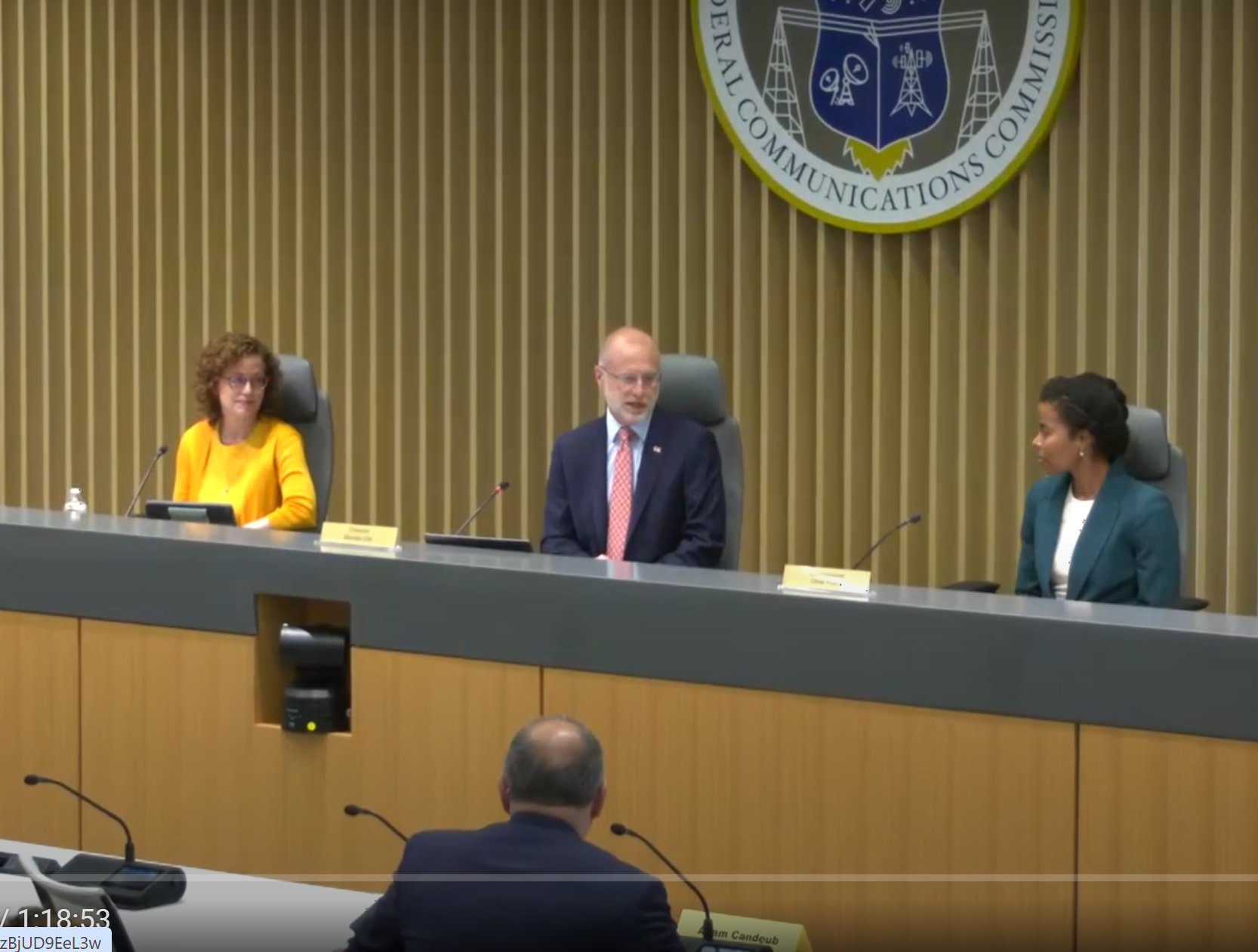If you've been following my reporting of FCC satellite applications and actions in my weekly Satellite Update, you've probably noticed that in the fixed satellite service (FSS) two companies-- Intelsat and SES Americom--dominate the listings for fixed satellite service, while EchoStar and DirecTV dominate the DBS listing. Satellite operators with a large fleets have advantages when a satellite fails--witness how Intelsat handled the Galaxy 15 “zombie satellite” with little interruption to either its customers or those using the SES Americom satellites that Galaxy 15 passed on its trip east.
Such a concentration of licenses and orbital locations--particularly in the FSS--has lead to allegations that certain FSS operators are “warehousing” sat orbital locations and frequencies, and are keeping competitors from purchasing slots on their birds. That assertion comes from a Notice of Inquiry (FCC 13-79) released late last week.
The FCC’s Notice of Inquiry states: “The questions we ask in this Notice are intended to solicit comment about the effects of this consolidation. In particular, we seek information about whether FSS providers that have vertically integrated are engaging in vertical foreclosure or other conduct that has harmed consumers of satellite communication services; or whether satellite operators are engaging in conduct that has resulted in efficiencies and lower costs that benefit consumers.
The NOI goes on to state that the Commission is also interested in determining “how best to strike a balance between a satellite operator’s need for flexibility in managing its fleet of space stations and the public interest benefits of protecting against warehousing.”
Comments are due 30 days after publication in the Federal Register with reply comments due 60 days after publication.
The professional video industry's #1 source for news, trends and product and tech information. Sign up below.

Doug Lung is one of America's foremost authorities on broadcast RF technology. As vice president of Broadcast Technology for NBCUniversal Local, H. Douglas Lung leads NBC and Telemundo-owned stations’ RF and transmission affairs, including microwave, radars, satellite uplinks, and FCC technical filings. Beginning his career in 1976 at KSCI in Los Angeles, Lung has nearly 50 years of experience in broadcast television engineering. Beginning in 1985, he led the engineering department for what was to become the Telemundo network and station group, assisting in the design, construction and installation of the company’s broadcast and cable facilities. Other projects include work on the launch of Hawaii’s first UHF TV station, the rollout and testing of the ATSC mobile-handheld standard, and software development related to the incentive auction TV spectrum repack. A longtime columnist for TV Technology, Doug is also a regular contributor to IEEE Broadcast Technology. He is the recipient of the 2023 NAB Television Engineering Award. He also received a Tech Leadership Award from TV Tech publisher Future plc in 2021 and is a member of the IEEE Broadcast Technology Society and the Society of Broadcast Engineers.
